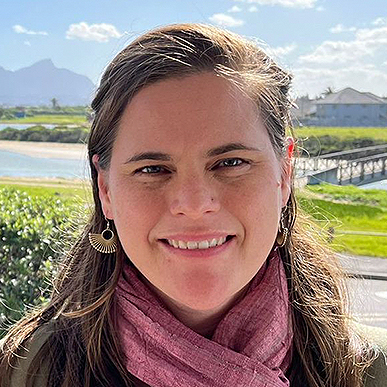How Ataya works: One presenter and their work – in exchange with the audience. Each Ataya session engages with selected work by the presenter (a text, artwork, performance, even food). The presenter introduces their work and grounds the subsequent discussion with the participants. For best engagement, we recommend participants to view the work (made available in advance on our website) before the session. More on the Ataya Series
Ataya: HUMA Interdisciplinary Seminar Series
Speaker: Jess Auerbach (University of Cape Town, South Africa)
Project/Paper: coming soon

Bio: Jess Auerbach is an Associate Professor at the University of Cape Town (UCT) Graduate School of Business (GSB), where she directs the MPhil in Inclusive Innovation. She is the author of two books and many scholarly articles. Jess holds a PhD in anthropology from Stanford and was an undergraduate student at UCT. She is an NRF P-rated scholar and an Iso Lomso Fellow at the Stellenbosch Institute of Advanced Study.
Topic: This paper explores the undersea internet infrastructure that cups the Southern tip of Africa, linking the continent to Brazil to the west and India and Malaysia to the east. Thinking with Isabel Hofmeyr’s hydrocolonialism and Nikhil Anand’s explorations of hydraulic cities, I borrow and subvert the descriptor hydroinformatics to enable analysis of the politics of digital knowledge infrastructure in Africa and across the world. Hydroinformatics, as it stands, describes the management of water infrastructure with digital tools, but here I use it to speak to the ways information travels through water, specifically as data through oceanic cables. In tracing one oceanic cable line, I describe the processes of ‘weighting’ data that takes place through hydroinformatic infrastructure. Weighting does not succeed in pinning down, however, but rather enables processes of knowledge drift that are informed by geopolitics, corporate shareholder value, and national strategic needs.
